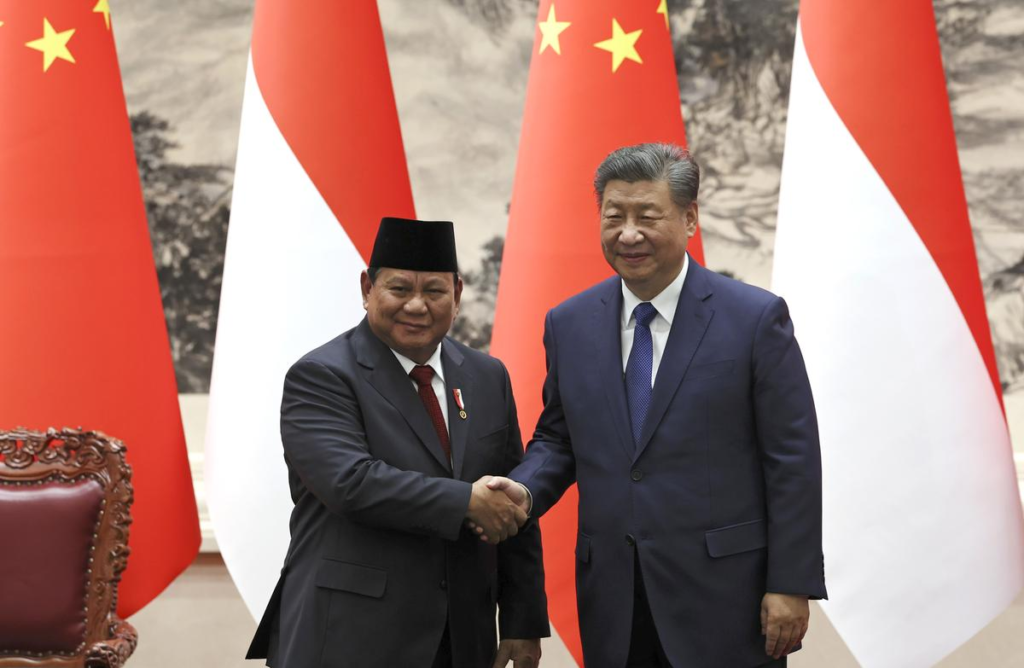APEC Summit: A New Chapter in US-China Relations?
The recent meeting between Chinese President Xi Jinping and US President Joe Biden at the Asia-Pacific Economic Cooperation (APEC) Summit has sparked discussions about a potential easing of tensions between the two superpowers. This essay delves into the significance of this meeting, the historical context of US-China relations, and the potential implications for the future.

Historical Context
The relationship between the United States and China has been marked by a complex interplay of cooperation and competition. Over the past few decades, the two nations have navigated a series of economic, political, and military challenges. The trade war initiated during the Trump administration, coupled with ongoing disputes over technology, human rights, and territorial claims, has further strained relations.
Despite these challenges, both countries have recognized the importance of maintaining a stable and constructive relationship. The APEC Summit provided a platform for the leaders to address these issues and explore avenues for collaboration.
The APEC Summit Meeting
During the APEC Summit, held in Lima, Peru, Presidents Xi and Biden engaged in a series of discussions aimed at addressing key areas of concern and identifying opportunities for cooperation. The meeting was significant not only because it marked the final face-to-face interaction between the two leaders during Biden’s presidency but also because it set the stage for future engagements under the incoming US administration.
One of the primary topics of discussion was the need to manage the risks associated with artificial intelligence (AI) in military applications. Both leaders emphasized the importance of maintaining human control over nuclear weapons and developing AI technology responsibly. This agreement underscores the shared recognition of the potential dangers posed by unregulated AI development and the need for international cooperation in this area.
Additionally, the leaders addressed the ongoing geopolitical tensions, including the situation in North Korea and the broader implications of Russia’s war on Ukraine. These discussions highlighted the interconnected nature of global security issues and the necessity for collaborative efforts to address them.
Potential Implications
The meeting between Xi and Biden at the APEC Summit signals a potential shift towards a more cooperative and stable US-China relationship. By reaffirming their commitment to dialogue and collaboration, both leaders have demonstrated a willingness to navigate their differences constructively.
For the global community, this development is significant. A more stable US-China relationship could lead to increased economic cooperation, reduced geopolitical tensions, and a more coordinated approach to addressing global challenges such as climate change and public health crises.
However, it is important to recognize that the path to a fully cooperative relationship will not be without obstacles. The incoming US administration, led by President-elect Donald Trump, has signaled a continuation of protectionist policies and a tough stance on China. This could complicate efforts to build on the progress made at the APEC Summit.
The meeting between Presidents Xi Jinping and Joe Biden at the APEC Summit represents a critical moment in US-China relations. While the discussions have laid the groundwork for potential cooperation, the future of this relationship will depend on the actions and policies of both nations moving forward. As the world watches closely, the hope is that this meeting will mark the beginning of a new chapter characterized by mutual respect, collaboration, and a shared commitment to addressing global challenges.




















